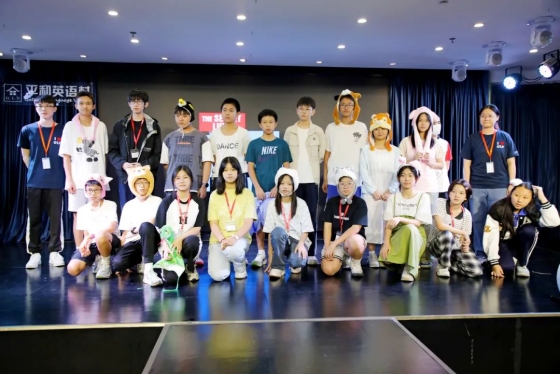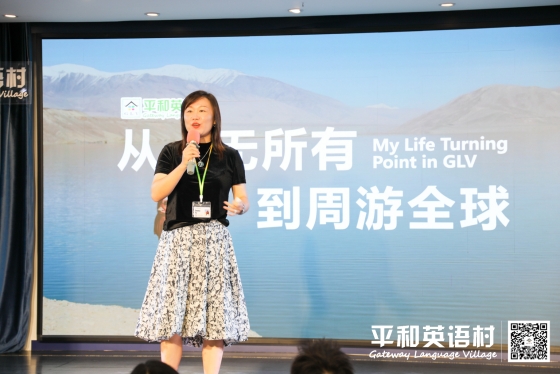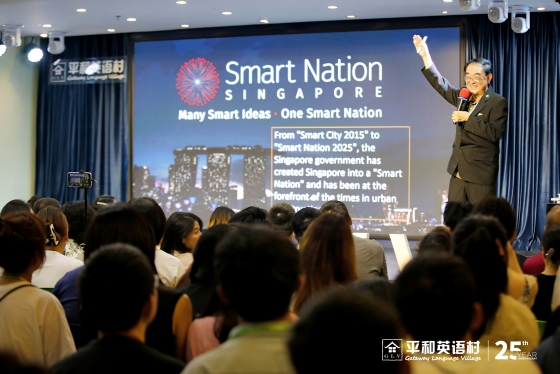东莞英语之冠词语法精讲,内附详细讲解!
时间:2019-09-23 15:26:59 来源:http://www.pinghe.com 作者:Wendy

东莞英语冠词是很多同学不能够区分的语法点,包括一些零基础英语学生。接下来小编就会整理语法精讲,讲解冠词用法,保证大家都能看懂冠词的用法。
冠词概述
冠词是虚词,本身不能单独使用,也没有词义,它用在名词的前面,帮助指明名词的含义。
冠词有两种:不定冠词(a/an)和定冠词(the)。此外有些特定场合不用冠词,即通常所谓的“零冠词”
不定冠词仅用在单数可数名词前面,表示“一”的意义,但不强调数目观念,只表示名词为不特定者。
定冠词则表示名词为特定者,表示“这”,“那”,“这些”,“那些”的意思,在可数的单复数名词或不可数名词前面都可以用
a和an的区别
不定冠词有a和an两种形式,a用于辅音(不是辅音字母)开头的词前,an用于元音(不是元音字母)开头的词前。
例如:a boy,a university,a european country;an hour,an honour,an island,an elephant,an umbrella
不定冠词的用法
1.泛指某一类人、事或物;相当于any,这是不定冠词a/an的基本用法。
2.泛指某人或某物,但不具体说明何人或何物。
3.表示数量,有“一”的意思,但数的概念没有one强烈。
4.表示“每一”,相当于every. 例如,I go to school five days a week.我一周上五天课。
5.用在序数词前,表示“又一”,“再一”。例如,I have three books. i want to buy a fourth one.我已经有三本书,我想买第四本。
6.用在某些固定词组中:a lot(of)许多,大量;after a while过一会儿
定冠词的用法
1.特指某(些)人或某(些)物,这是定冠词的基本用法。
2.指谈话双方都知道的人或事物。例如:open the window,please.请打开窗户。
3.指上文已经提到的人或事物。例如:I have a car. the car is red.我有一辆小汽车,它是红色的。
4.指世界上独一无二的事物。例如:which is bigger,the sun or the earth?哪一个大,太阳还是地球?
5.用在序数词,形容词最高级前。例如:the first lesson is the easiest one in this book.第一课是这本书最简单的一课。
6.用在由普通名词构成的专有名词前。例如,the great wall 长城,the united states美国
7.用在某些形容词前,表示某一类人。例如:the poor穷人,the blind盲人
8用在姓氏复数形式前,表示“全家人”或“夫妻俩”。例如:the greens 格林一家或格林夫妻俩
9.用在方位词前。例如:on the left在左边,in the middle of在中间
10.用在乐器名称前。例如:she plays the piano every day.她每天弹钢琴。
11.用在表示海洋,河流,山脉,群岛及国家和党派等名词前。
例如:the black sea黑海,the yangzi river长江
12.用在某些固定词组中:all the same仍然;all the time一直;at the moment此刻;at the same time同时;by the way顺便说;do the shopping/washing买东西/洗衣服;in the morning/afternoon/evening 在上午/下午/晚上;in the open air 在户外,在野外
零冠词的用法
1.在专有名词和不可数名词前。例如,class two二班,tian’an men square天安门广场,water水
2.可数名词前已有作定语的物主代词(my,your,his,her等)、指示代词(this/these,that/those)、不定代词(some,any等)及所有格限制时。
例如my book(正);my the book(误)
3.复数名词表示一类人或事物时。
例如,they are teachers.他们是老师。
tigers like meat.老虎喜欢吃肉
4.在星期,月份,季节,节日前。例如:on sunday在周日,in march在三月,in spring在春天,on women’s day在妇女节
(特例:如果月份,季节等被一个限定性定语修饰时,则要加定冠词:he joined the army in the spring of 1982.他在1982年春季参军。)
5.在称呼语或表示头衔的名词前。例如:tom汤姆,mum妈妈
6.在学科名称,三餐饭和球类运动名称前。例如:I have lunch at school every day.
特例:当football,basketball指具体的某个球时,其前可以用冠词:I can see a football.我可以看到一只足球。where’s the football?那只足球在哪儿?(指足球,并非“球类运动”)
7.在表特定的公园,街道,车站,桥,学校等之前。例如:no.25 middle school
8.某些固定词组中不用冠词。
(1)与by连用的交通工具名称前:by bus乘公共汽车;by car乘汽车;by bike骑/坐自行车;by train乘火车;by air/plane乘飞机;by sea/ship乘船,但take a bus,in a boat,on the bike前需用冠词
(2)名词词组:day and night日日夜夜;brother and sister兄弟姐妹;hour after hour时时刻刻;here and there到处
(3)介词词组:at home在家;in surprise惊奇地;at noon在中午;on foot步行;at night在晚上;on duty值日;at work在工作;on time准时;for example例如;in class在上课;on show展览;in bed在床上
(4)go短语:go home回家;go to bed上床睡觉;go to school去上学;go to work去上班;go shopping/swimming/boating/fishing去买东西/游泳/划船/钓鱼
用与不用冠词的差异
in hospital住院/in the hospital在医院里
go to sea出海/go to the sea去海边
on earth究竟/on the earth在地球上,在世上
in front of在……(外部的)前面/in the front of在……(内部的)前面
take place发生/take the place(of)代替
at table进餐/at the table在桌子旁
by sea乘船/by the sea在海边
in future从今以后,将来/in the future未来
go to school(church…)上学(做礼拜…)/go to the school (church…)到学校(教堂…)去
on horseback骑着马/on the horseback在马背上
two of us我们当中的两人/the two of us我们两人(共计两人)
out of question毫无疑问/out of the question不可能的,办不到的
next year明年/the next year 第二年
a teacher and writer一位教师兼作家(一个人)/a teacher and a writer一位教师和一位作家(两个人)
本文链接:https://www.pinghe.com/regional/dg/7537.html
更多内容
- 东莞英语最基本的常用句型还有哪些?赶紧进来学习吧!2019-09-20
- 东莞英语最基本的常用句型,建议收藏!2019-09-20
- 东莞商务英语口语之干货,买方支付方式常用口语表达2019-09-19
- 东莞英语口语千万别“踩雷”,大家切记!2019-09-18
- 东莞商务英语这样学最有效!助你提升英语学习效率2019-09-16
马上评估您的学习费用

学英语目的
可支配学习时长
推荐资讯

离开课仅剩天


 全部课程
全部课程

















 粤ICP备11066329号-2
粤ICP备11066329号-2
 粤公网安备 44040202000471号
粤公网安备 44040202000471号
